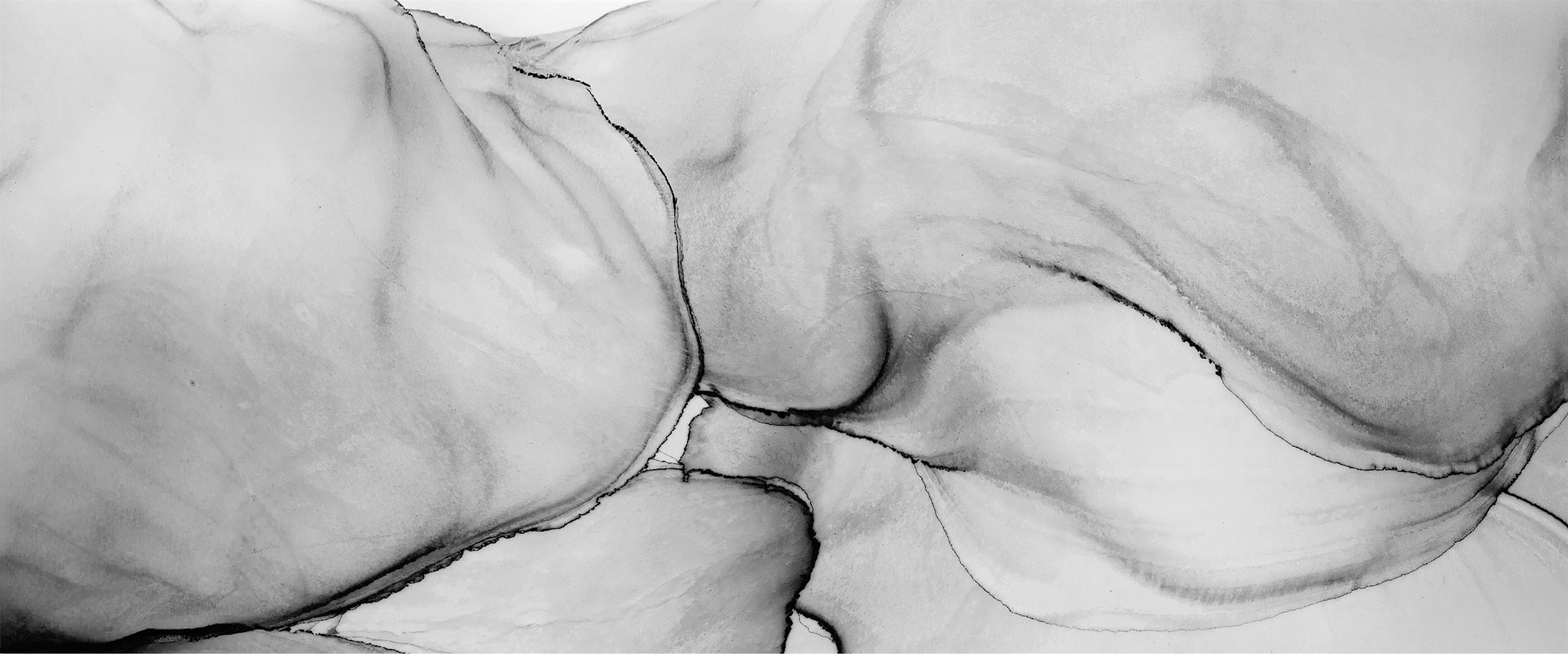Welcome to NJ Vein Specialists, where we offer expert care and comprehensive solutions for Chronic Venous Insufficiency (CVI), a common vascular condition. Our dedicated team is committed to resolving chronic venous insufficiency and enhancing overall well-being and health.
What are the symptoms of chronic venous insufficiency?
Common symptoms of CVI include:
- Swelling in the legs or ankles
- Pain that worsens when standing and improves when legs are raised
- Varicose veins
- Changes in skin color and texture, such as thickening or darkening
- Leg ulcers, especially around the ankles
- A feeling of heaviness or cramping in the legs
- Burning, tingling, or numbness in the legs
- Leg cramping
- Achy, tired legs
- Itchy skin




